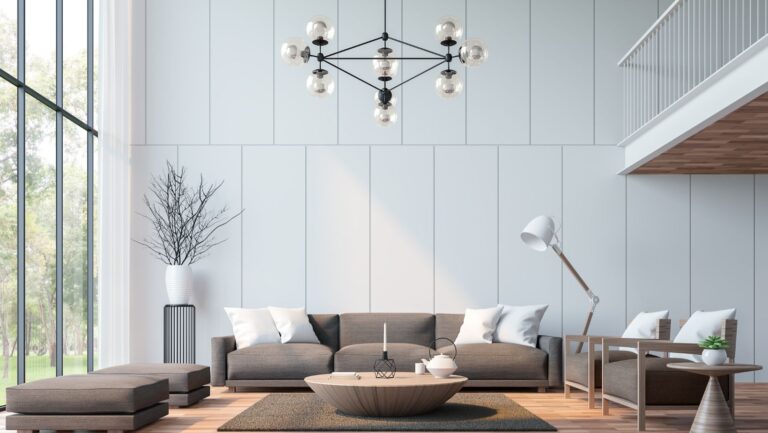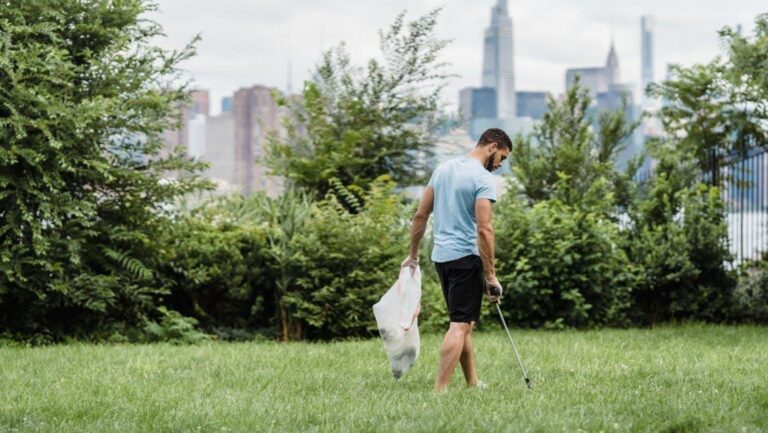In today’s fast-paced world, many are discovering that less can truly be more. Minimalist living has emerged as a lifestyle choice that simplifies life, reduces stress, and promotes sustainability—all while helping individuals save money and achieve financial freedom. For those striving to seek financial independence, adopting minimalism can be a powerful tool, encouraging mindful spending and intentional living. By focusing on what truly matters, you can reduce unnecessary consumption and align your habits with both economic and environmental goals.
The Financial Perks of Minimalism
Minimalist living isn’t about deprivation; it’s about intentionality. By choosing to own fewer things, you naturally spend less money on items you don’t need. For example, decluttering your home not only clears physical and mental space but also creates opportunities to sell unused or unwanted items. This extra income can be directed toward savings, investments, or even fun experiences. Platforms like High Roller, which emphasize strategic decision-making, highlight how prioritizing value can positively impact your financial choices.
Moreover, minimalism encourages focusing on quality over quantity. Instead of frequently replacing cheap, short-lived items, investing in high-quality, durable products can save you money in the long run. Whether it’s a well-made pair of shoes or reliable kitchenware, these thoughtful purchases reduce waste and extend the usefulness of what you own.
Sustainability Through Minimalism
Beyond financial advantages, minimalism has profound benefits for the environment. By consuming less, you naturally reduce the demand for production and shipping, both of which contribute to greenhouse gas emissions. Choosing a minimalist lifestyle also helps combat the overuse of natural resources, leading to a more sustainable planet.
For example, reusing, recycling, and repairing items instead of discarding them can significantly lower your environmental impact. Simple steps like buying secondhand goods or shopping locally reduce your ecological footprint while supporting sustainable practices. According to National Geographic, the minimalist approach aligns directly with eco-friendly habits, such as reducing waste, conserving resources, and embracing renewable solutions.
Reducing reliance on single-use plastics and minimizing food waste are other ways minimalism supports sustainability. Purchasing in bulk, cooking at home, and meal planning not only save money but also limit packaging and unnecessary consumption. Minimalism fosters a sense of accountability for the planet, encouraging us to act as stewards of the environment.
Steps to Embrace Minimalist Living
If you’re ready to embrace minimalism, here are actionable steps to get started:
- Declutter Your Space Take a hard look at your belongings. If you haven’t used something in the past year, consider donating, selling, or recycling it. Decluttering creates a sense of clarity and makes your living space more functional and enjoyable.
- Adopt a Capsule Wardrobe Simplify your closet by keeping only versatile, timeless pieces that suit your style. A capsule wardrobe reduces decision fatigue, cuts down on shopping expenses, and ensures you always feel confident in your clothing choices.
- Practice Mindful Spending Before making a purchase, pause and ask yourself, “Do I truly need this? Will it add value to my life?” Shifting your focus from impulsive buying to intentional spending helps curb wasteful habits and builds better financial discipline.
- Simplify Your Meals Minimalist meal planning revolves around healthy, simple recipes with fewer ingredients. By planning ahead, you can save money on groceries, minimize food waste, and enjoy nutritious meals without stress.
- Minimize Digital Clutter Minimalism isn’t confined to physical possessions. Clean up your digital space by unsubscribing from unnecessary emails, organizing your files, and deleting unused apps. Simplifying your online world reduces distractions and enhances focus.

- Prioritize Experiences Over Possessions Minimalism encourages spending money on meaningful experiences rather than material things. Whether it’s a weekend getaway, a class to learn a new skill, or quality time with loved ones, these moments create lasting joy.
Long-Term Benefits of Minimalism
The beauty of minimalist living lies in its ability to bring balance to your life. Financially, it empowers you to save more, reduce debt, and allocate resources toward your long-term goals. Emotionally, it declutters your mind, making room for peace, creativity, and personal growth. Environmentally, it reinforces your commitment to a sustainable future.
Minimalism is not about sacrificing comfort or enjoyment; it’s about redefining what truly matters. Small, intentional changes over time can lead to transformative results. Whether you’re inspired by the financial independence that minimalism offers or the environmental impact it supports, adopting this lifestyle can lead to a richer, more purposeful existence.
So, start small—declutter a single drawer, skip an unnecessary purchase, or embrace a new eco-friendly habit. These steps, while simple, can create a ripple effect that transforms your life and contributes to a more sustainable, financially secure future.




